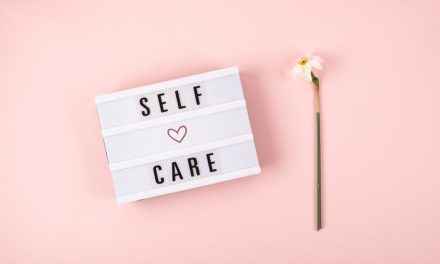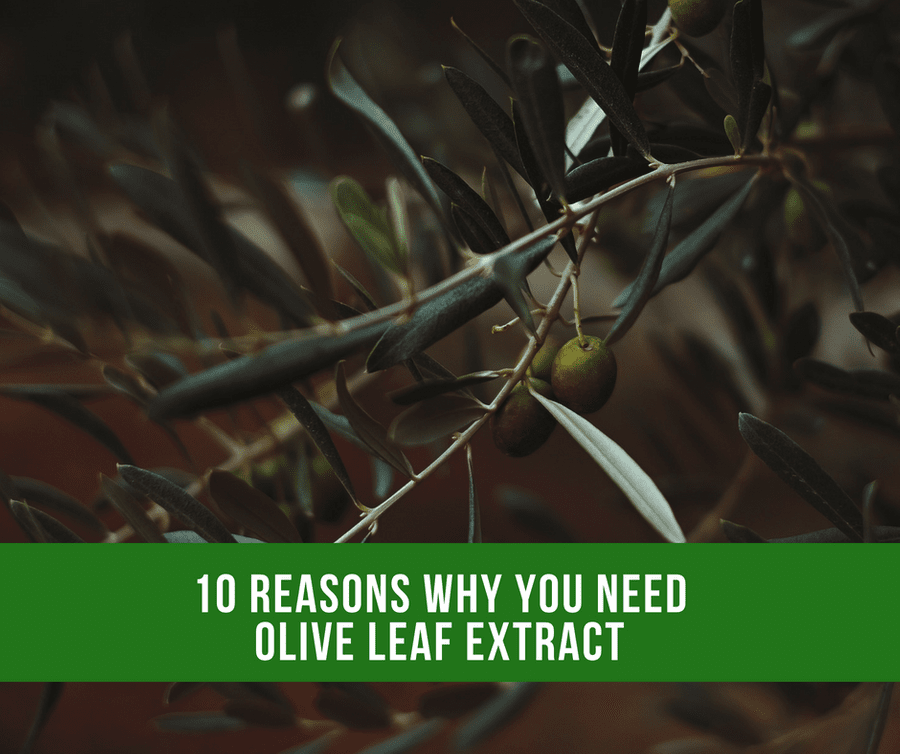Veganism is increasing in popularity and the health reasons for doing so are numerous. Yet there is an ongoing debate as to if a plant-based diet has the ability to hinder the body’s ability to heal. The debate starts from a 2013 review in the Journal of the American College of Nutrition which found that milk protein is better able to support the muscle-protein synthesis after exercise, compared with plant protein.
Researchers have also found that milk proteins contain more than 20 amino acids (compounds that help the body to create new proteins) that humans need. However, Associate Professor of Medicine at George Washington University, Neal Barnard calls this “really old-fashioned thinking”. While Barnard acknowledged the importance of eating protein for the recovery process, he also extols the virtues of a low-fat plant-based diet. “The amount of protein we need to survive can be found in vegetables, beans and grains and this is more than enough”. Barnard points to animals such as bulls, elephants, giraffes and stallions – all of which are vegan and on a daily basis “build their massive bodies on plant-based foods”.
Barnard argues that a plant-based diet could actually optimise the healing process, while helping the body to regulate inflammation levels. Inflammation is designed to protect the body but it can easily get out of control, while veganism can help to keep it in check. There are many people who also agree however that animal products are not the greatest culprits when it comes to inflammation. Other studies have shown that foods rich in carbohydrates are major contributors to increased levels of inflammation. The anti-inflammatory benefits of a plant-based diet may also be counteracted by the fact that many vegans are extra vigilant about ensuring they get enough protein and research suggests that it can play an important role in speeding up recovery from injuries.
One study from 1998 also found that increasing protein intake helped patients to increase both their body weight and muscle strength. Another study published in 2006 in the Journal of Bone and Joint Surgery analysed the recovery of male adult rats with bone fractures and five weeks after injury, animals with the highest protein diets were found to have the greatest body mass, muscle mass and bone mineral density.
What therefore should we eat in the light of such conflicting advice about what is best for our health? The key is to keep a healthy balance in whatever we do, regardless of whether we follow a vegan diet or not. Therefore you might want to consider adding more protein into the diet after an acute injury. This might mean increasing the intake of protein rich sources such as legumes, nuts and seeds if you’re a vegan, or choosing organic lean meats or oily fish if you’re an omnivore. It’s also essential that vegans take a Vitamin B12 supplement as without adequate levels of B12 or folate, the body becomes incapable of producing fully functioning red blood cells. Without Vitamin B12, the body can suffer from a variety of health problems including anaemia, stomach and intestine conditions. For best health, it’s recommended to ensure you get the right nutrients on a daily basis and while vegans may be eating well, they may also be lacking in certain nutrients – so supplementing may be required.
Recommended Examples
Really Healthy Pasta™ is pasta made from legumes. Really Healthy Pasta contains 22.4g of protein per 83g serving, meaning it’s the ideal way to increase your protein. Along with being a good source of fiber and iron, this pasta is available in black beans, buckwheat and golden flaxseed, chickpeas, mung beans and red lentils.
B4 Health Spray contains a wide range of B-vitamins to support good health. It includes 6mcg of Vitamin B12 (Methylcobalamin) that can support good cell health.





